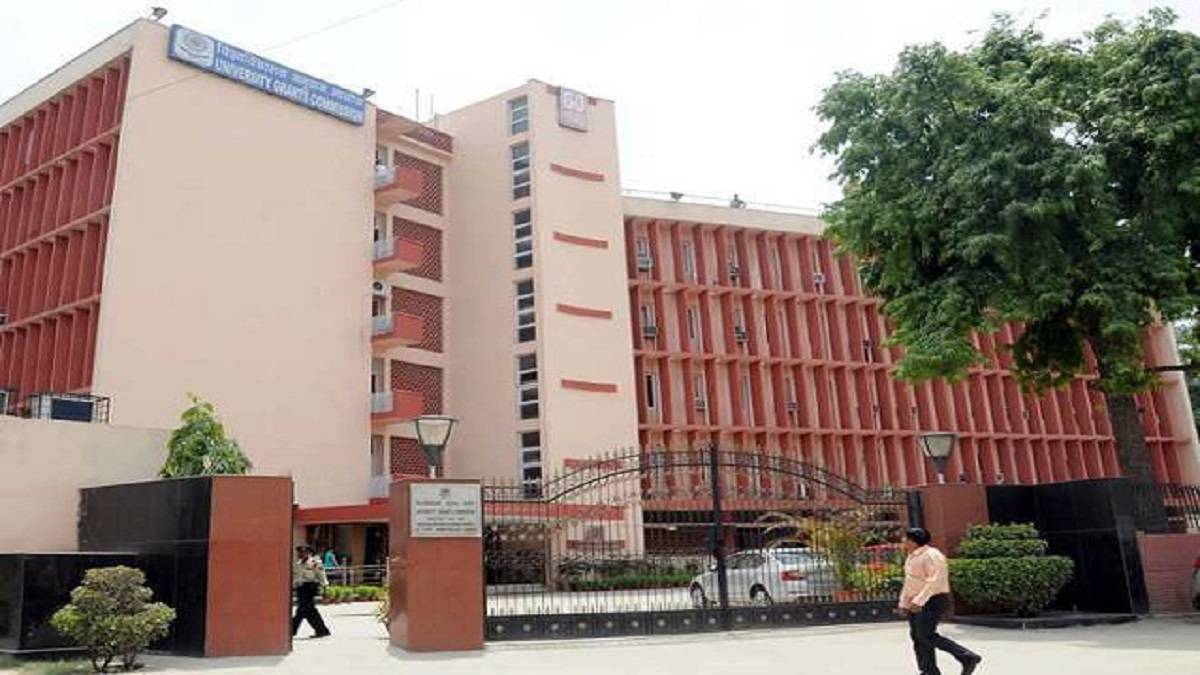UGC Seeks Public Input on New Regulations to Curb Discrimination in Higher Education
The proposed regulations aim to foster equity, inclusion, and non-discrimination across universities and colleges, aligning with the principles of the NEP 2020.
The University Grants Commission (UGC) has issued a public notice inviting comments, suggestions, and feedback on the draft University Grants Commission (Promotion of Equity in Higher Education Institutions) Regulations, 2025. The proposed regulations aim to foster equity, inclusion, and non-discrimination across Higher Educational Institutions (HEIs) in India, aligning with the principles of the National Education Policy (NEP) 2020.
Objectives of the Draft Regulations
The regulations are designed to ensure a safe, inclusive, and equitable learning environment for all students, faculty members, and staff. They seek to prevent any form of discrimination based on religion, race, caste, sex, or place of birth within HEIs. The draft regulations have been attached to the public notice, and stakeholders are encouraged to submit their inputs through a designated Google Form within 30 days from the publication date of the notice.
Establishment of Equal Opportunity Centres
A key provision in the draft regulations is the mandatory establishment of an Equal Opportunity Centre in every HEI. The primary role of this centre will be to:

Oversee the implementation of policies and programs for disadvantaged groups.
Provide guidance and counselling on academic, financial, and social matters.
Enhance diversity on campuses.
Coordinate with civil society, media, local administration, NGOs, faculty, staff, and parents.
The Head of the Institution will appoint a permanent professor with a strong interest in social welfare as the Coordinator of the centre.
Composition of the Equity Committee
Each Equal Opportunity Centre will include an Equity Committee, which will:
Be chaired by the Head of the Institution (ex-officio Chairperson).
Include four professors or senior faculty members.
Have two civil society representatives with relevant experience.
Feature two student representatives selected based on academic, sports, or co-curricular achievements.
Be coordinated by the appointed faculty member serving as the Member Secretary.
Include at least one woman member and one member each from SC and ST categories.
Formation of Equity Squads and Ambassadors
To maintain vigilance and prevent discrimination, HEIs will establish Equity Squads that will:
Conduct routine monitoring of campus activities.
Identify and report potential equity violations.
Submit their findings to the Coordinator of the Equal Opportunity Centre.
Additionally, each HEI must appoint Equity Ambassadors in different units such as departments, hostels, libraries, and faculties. These ambassadors will serve as key points of contact for equity-related issues and ensure compliance with the centre’s initiatives.
Procedure for Reporting Discrimination
The draft regulations outline a structured process for reporting discrimination:
Online Reporting: Aggrieved individuals can report incidents via an online portal.
Equity Helpline: Complaints can be lodged through a dedicated helpline. If a prima facie penal case is identified, it will be forwarded to the police.
Action by the Equity Committee: The committee must convene within 24 hours of receiving a complaint and submit a report to the Head of the Institution within 15 working days.
Institutional Response: Upon receiving the committee’s report, the Head of the Institution will take appropriate action. If necessary, law enforcement authorities will be informed.
Special Provisions: If the complaint is against the Head of the Institution, the Coordinator of the Equal Opportunity Centre will chair the committee, and the report will be forwarded to a higher authority.
Appeals and Consequences of False Complaints
Any person dissatisfied with the committee’s findings can appeal to the Ombudsperson within 30 days. If an individual is found to have made a false complaint, they may be subject to a fine, and repeat offenders could face disciplinary action as per HEI rules.
UGC Monitoring and Consequences for Non-Compliance
The UGC will establish a monitoring mechanism to review HEIs' compliance with these regulations. HEIs may be subject to campus visits and information requests.
Non-compliance with the regulations could lead to:
Debarment from UGC schemes.
Revocation of permission to offer degree programs.
Restrictions on offering Open and Distance Learning (ODL) or online programs.
Removal from the list of recognized HEIs.
Call for Stakeholder Participation
The UGC has urged all stakeholders, including students, faculty, administrators, and civil society members, to review the draft regulations and submit their feedback within 30 days. The input received will help in finalizing the regulations to ensure effective implementation of equity and inclusivity measures across HEIs in India.
Read More
Follow Shiksha.com for latest education news in detail on Exam Results, Dates, Admit Cards, & Schedules, Colleges & Universities news related to Admissions & Courses, Board exams, Scholarships, Careers, Education Events, New education policies & Regulations.
To get in touch with Shiksha news team, please write to us at news@shiksha.com


Abhay Anand is an experienced education journalist with over 15 years in print and digital media. Currently serving as Manager- Editorial at Shiksha.com, he specializes in higher education policy, student mobility,
Read Full Bio